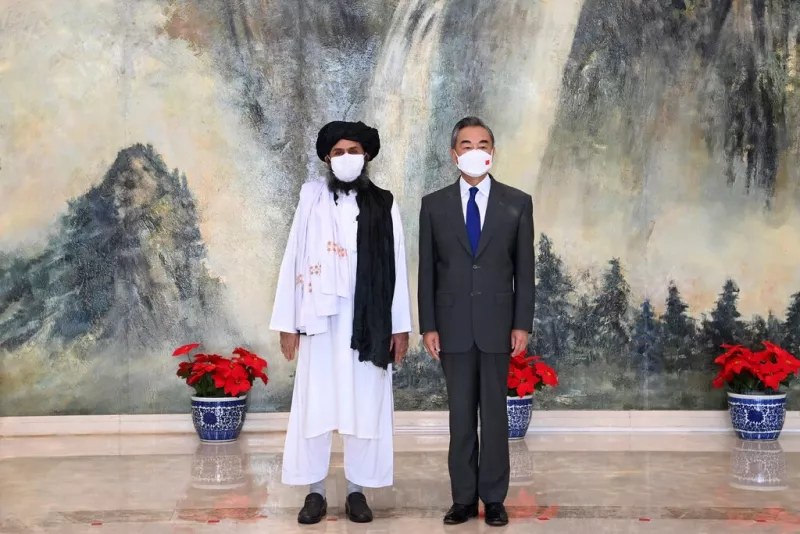
The stunning seizure of Afghanistan by the Taliban poses many significant geopolitical questions — chief among them who will fill the vacuum left by the withdrawal of the United States and its NATO allies from the country after 20 years.
The Taliban are on a P.R. offensive to try to show that they are a legitimate representative governing power that wants to have good relations with its neighbors. The group has sought out its richest neighbor, China, in particular, to emphasize that message.
Yet even before the Taliban had stormed Kabul, Mullah Abdul Ghani Baradar, the deputy leader of the Taliban, met with China’s foreign minister and called China “a reliable friend of the Afghan people”.
To explain more fully how China views its role in this new Afghanistan, we sought out Zhou Bo, who was a senior colonel in the People’s Liberation Army until his retirement in 2020. He is now a senior fellow at the Center for International Security and Strategy at Tsinghua University in Beijing. Though he is writing in a personal capacity, Zhou is an authoritative voice reflecting the P.L.A.’s thinking on Chinese and international security.
In a guest essay, Zhou describes how China bided its time as the United States fell deeper into the Afghanistan quagmire. “China has kept a low profile in the country since the U.S. invasion, not wishing to play second fiddle to the United States in any power politics”, he writes. “All the while, Beijing was fostering stronger trade relations, eventually becoming one of Afghanistan’s largest trading partners.
That leaves Beijing in a prime position to take over as the “most influential outside player in an Afghanistan now all but abandoned by the United States”.
Yet it may be simplistic to assume that America’s departure has China ecstatic.
For one thing, China may have been content with its adversary stuck in a “messy and costly morass”, as Zhou describes America’s time in Afghanistan. And Beijing’s economic interests may not be totally secure under Taliban rule; the U.S. presence did provide a modicum of security. China is unlikely to fill that security vacuum in a significant way, in line with its stated strategy of fostering noninterventionist relationships with its neighbors.
But Beijing will likely be intrigued by the prospect of flexing its soft-power muscles, particularly if there are big investment opportunities.
I hope Times readers will appreciate Zhou’s interesting perspective on the shifting power dynamics in a region that the United States has been so deeply invested in. It’s rare that The Times provides a platform for a Chinese military insider, but Zhou has a unique vantage point to clarify how Beijing is positioning itself in Afghanistan.
Yara Bayoumy is the world and national security editor for Opinion. She is a former reporter who focused on stories related to conflict, militancy and geopolitics.
